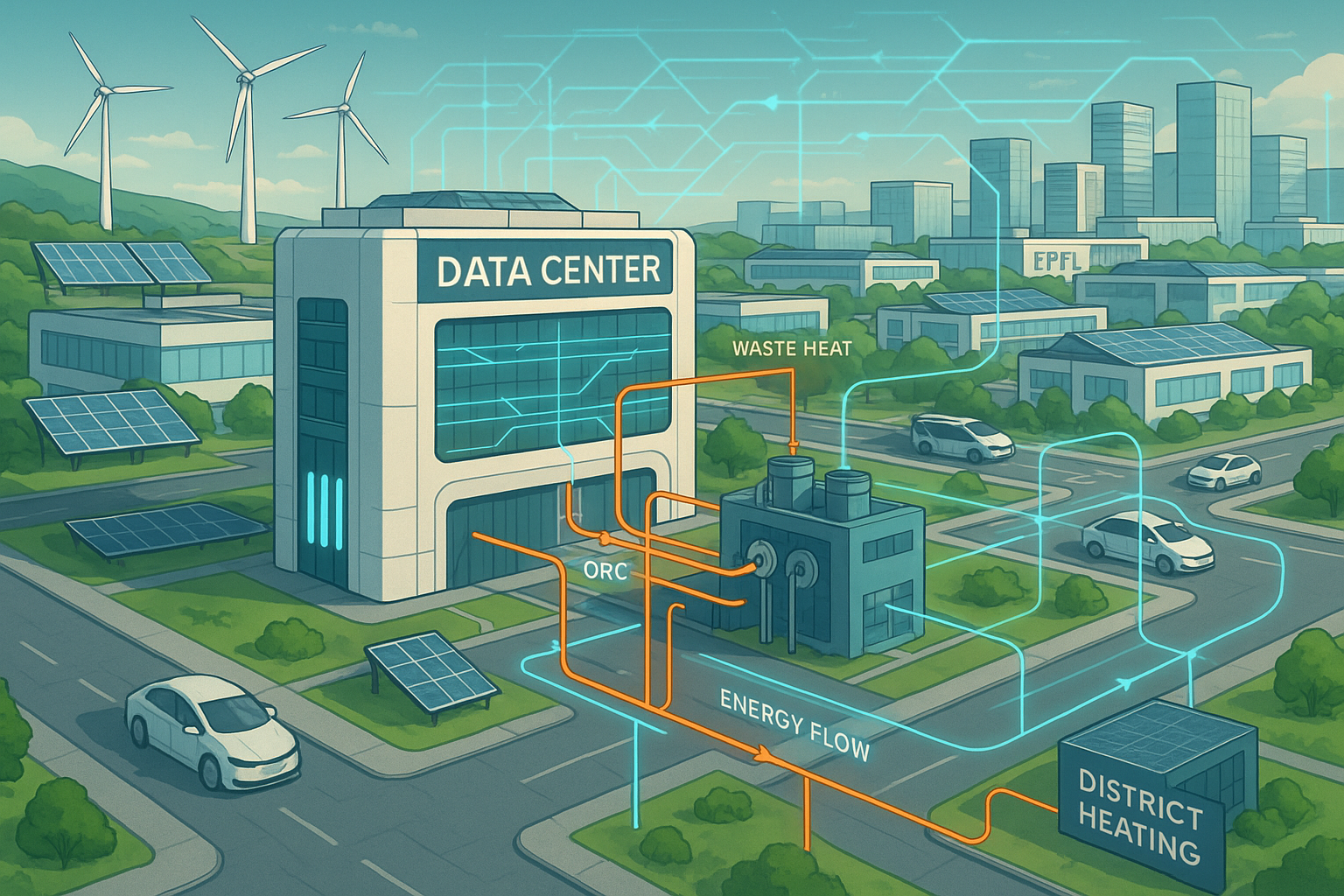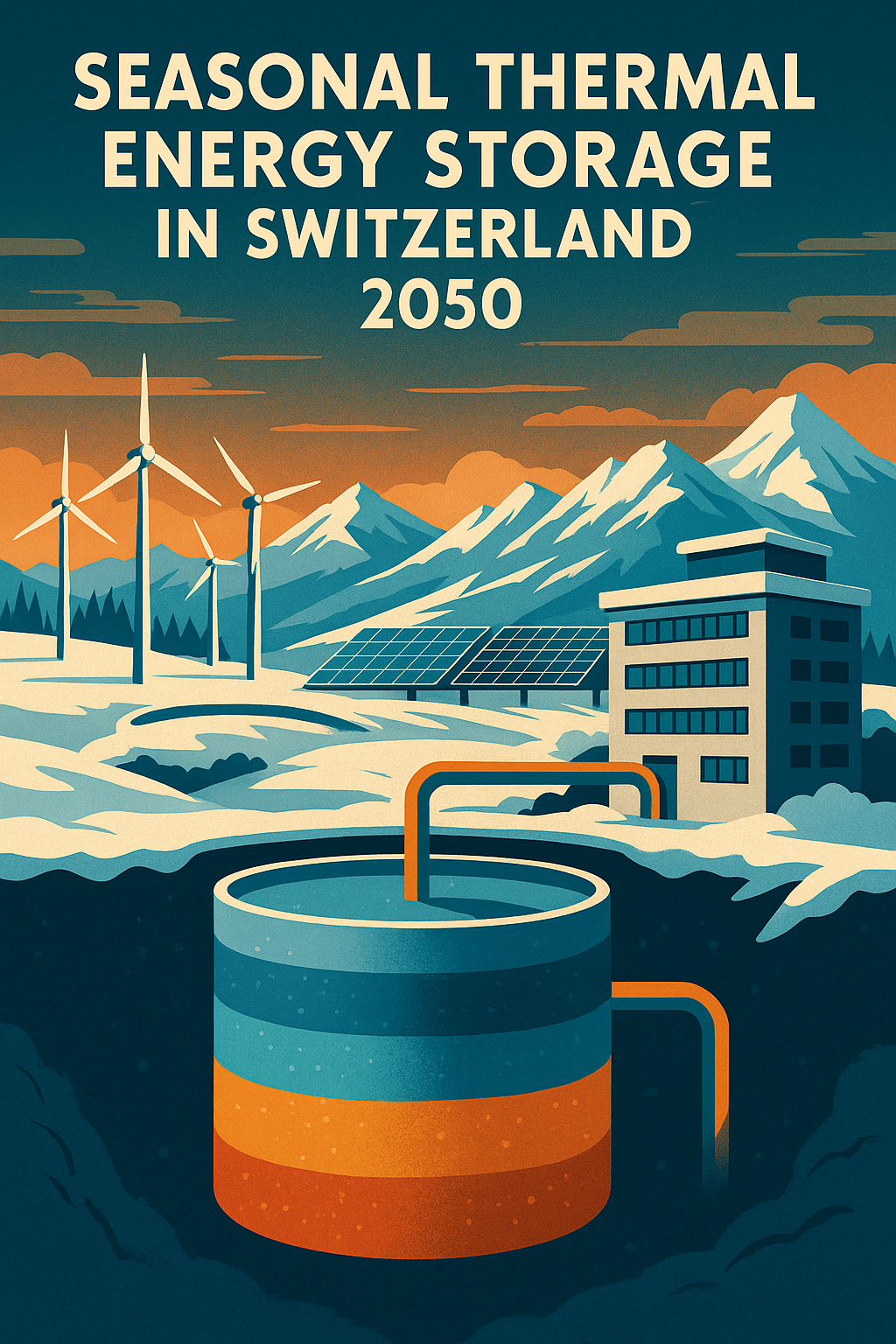Urban Systems
The objective of this branch is to study the various configurations of multi-energy and multi-services urban systems, in a district-level integrated approach.
- Multi-energy = electricity, fossil-fuels, heat, biomass, hydrogen.
- Multi-services = domestic electricity, domestic hot water, thermal comfort (heating and cooling), mobility, ICT.
The goal of our research is to understand the benefits of sharing infrastructures and energy harvesting / conversion / storage capacities, and to assess their optimal level of centralization vs. decentralization for the different types of districts.
The tools we are currently developing are:
- QBuildings: a GIS database characterizing the territory from an energy point of view (end-use demand, building stock, endogenous resources). This database is built by gathering different public databases and combining them with SIA norms.
- REHO: a decision support tool for the optimization of buildings energetics according to economic, environmental and efficiency criteria. The model can be applied to a single building or an entire district.
No matching items

